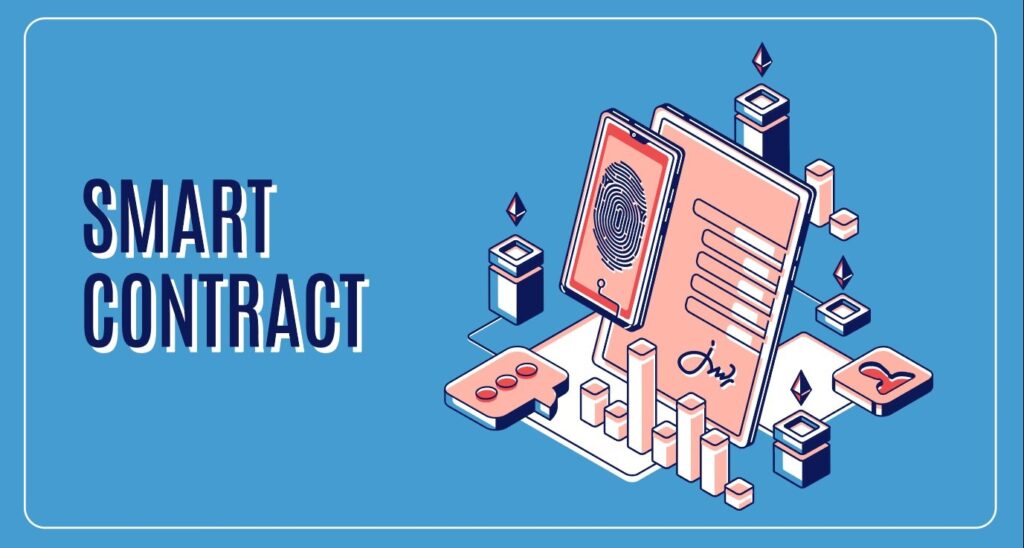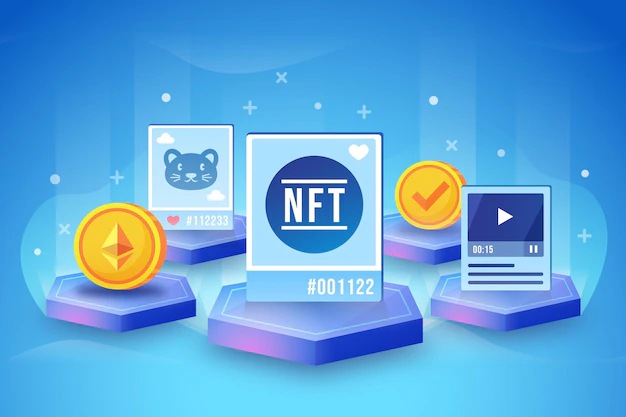NFTs, or non-fungible tokens, have exploded in popularity in recent years as a way to buy, sell, and trade unique digital assets. While this technology has opened up a new world of possibilities for creators and collectors alike, it has also given rise to a new type of scam. In this blog post, we’ll explore what NFT scams are and how you can avoid them.
What are NFT scams?
NFT scams are schemes designed to trick people into buying fake or worthless NFTs. These scams can take many different forms, but some of the most common include:
Fake NFTs: Scammers create fake NFTs and sell them as if they were real. These can be digital images, videos, or even tweets that have been copied and pasted onto the blockchain.
Impersonation scams: Scammers impersonate well-known artists, celebrities, or influencers and sell NFTs under their name. They may use fake social media profiles or websites to appear legitimate.
Pump and dump schemes: Scammers create hype around a particular NFT and then sell it at a high price before the bubble bursts, leaving unsuspecting buyers with a worthless asset.
Wallet phishing: Scammers may send phishing emails or messages that appear to come from a legitimate wallet provider, asking for sensitive information like login credentials or private keys.
How to avoid NFT scams
Do your research: Before buying an NFT, do your due diligence and research the seller, the platform, and the NFT itself. Check the seller’s reputation, look for reviews and feedback from other buyers, and make sure the NFT has a verifiable history on the blockchain.
Verify the authenticity: Verify the authenticity of the NFT by checking the metadata and the contract address on the blockchain. Make sure the NFT was actually created by the artist or creator and not just a copy.
Be cautious of high-pressure sales tactics: Scammers often use high-pressure sales tactics to get you to buy an NFT quickly. Don’t rush into a purchase without doing your research and verifying the authenticity of the NFT.
Use reputable platforms: Use reputable platforms that have a track record of selling legitimate NFTs. Look for platforms that have a strong community and transparent policies for verifying NFTs.
Keep your private information safe: Be cautious of phishing emails or messages and never give out your private keys or login credentials. Use two-factor authentication and keep your wallets secure.
In conclusion, NFT scams are a growing concern in the world of digital assets. By staying informed, doing your research, and using reputable platforms, you can avoid falling victim to these scams and protect your investments. Remember, if something seems too good to be true, it probably is.



